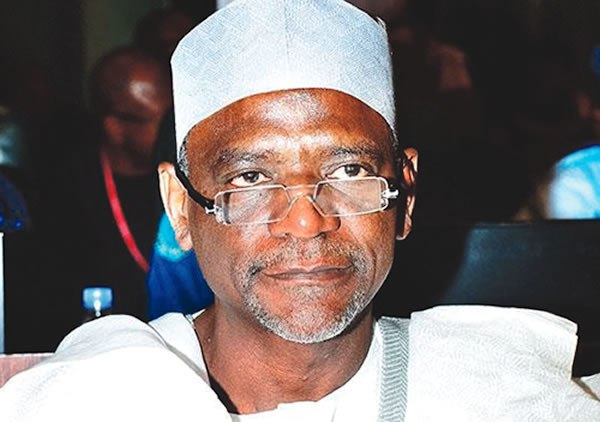• Says UTAS outperforms IPPIS in integrity test
• Union offers reason for Tuesday’s deadlocked meeting
There were indications, yesterday, that the insistence by members of Academic Staff Union of Universities (ASUU) to be paid for the six months that the strike has lasted was affecting negotiations between the two feuding parties in apparent allusion to the Federal Government’s ‘no-work-no-pay’ policy.
Specifically, the current administration maintained that it would not bow to the “whims and caprices” of the university lecturers, who are demanding payment of outstanding salaries, to check future and needless strikes.
Minister of Education, Adamu Adamu, disclosed that President Muhammadu Buhari rejected it outright when he presented the report to him.
He said the President’s position had been communicated to the lecturers, who are being awaited to call off the strike.
The minister claimed the union was yet to indicate willingness to end the industrial action, adding that the rejection was to curb excesses of trade unions.
He lamented that despite trillions of naira already expended by government on education sector, the university-based unions have continued to maintain hard position.
The minister hinted that ASUU had begun consultation with members to come up with its next line of action.
Adamu said the University Peculiar Personnel and Payroll System (U3PS) and University Transparency Accountability Solution (UTAS) outscored the Integrated Personnel Payroll and Information System (IPPIS) during an integrity test, affirming that ASUU’s peculiarities would be accommodated in whatever platform that might be adopted.
The minister added that IPPIS had been updated to accommodate payment of those on sabbatical, even as he debunked reports that UTAS had not been approved by government as the payment platform for the lecturers.
Adamu disclosed that government had proposed a new salary to the unions, which he said, the Senior Staff Association of Nigerian University (SSANU), Non-Academic Staff Union of Universities and Allied Institutions (NASU) and National Association of Academic Technologists, (NAAT) had accepted in principle and were consulting with members with a view to calling off their strike in the next one month.
He commended the Academic Staff Union of Polytechnics (ASUP) for calling off its industrial action.
MEANWHILE, ASUU has offered reason why Tuesday’s meeting with the Prof. Nimi Briggs-led committee came to an abrupt end, saying the panel presented “award of a recommended Consolidated University Academic Salary Structure (CONUASS) prepared by the National Salaries, Incomes and Wages Commission” to it.
The union said the ‘award salary’ was “against the principle of collective bargaining based on the Wages Boards and Industrial Council’s Decree No 1 of 1973, Trade Dispute Act (1976), ILO Conventions 49 (1948), 91(1950), 154 (1988) and Recommendation 153 (1981), Udoji Commission Report of 1974 and Cookey Commission Report of 1981.”
The report, ASUU noted, “also provided a platform for resolving such important issues as special salaries and conditions of service of university staff, university funding, roles of pro-chancellors, vice-chancellors and National Universities Commission (NUC). A key outcome was a special salary scale for university staff known as University Salary Structure (USS).”
ASUU stated that the “award” presented by the Nimi Briggs panel came in a manner of “take-it-or-leave-it on a sheet of paper”, noting: “No serious country in the world treats its scholars this way.”
In the statement, tagged “Why ASUU Rejects Governments Award of Salary”, the union alleged: “Government imposed the ongoing strike action on ASUU and it has encouraged it to linger because of its provocative indifference.”



